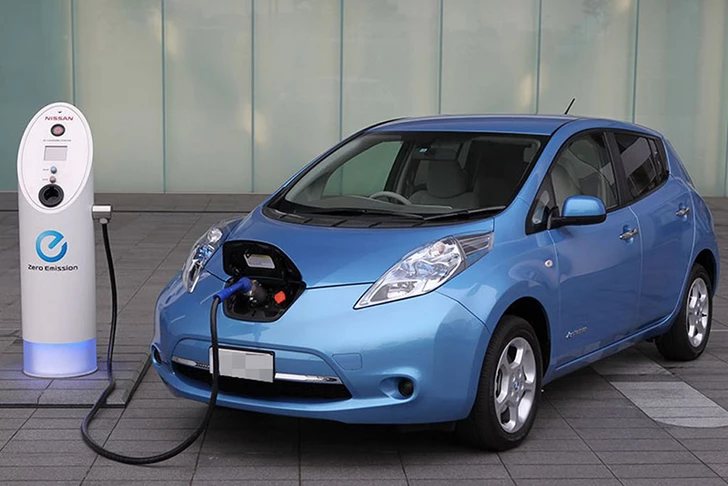A recent episode of Necə olmalıdır?, a podcast aired on Baku TV, explored the government’s potential move to cancel customs exemptions for hybrid vehicles—a policy shift that experts say could have a significant impact on the country’s auto market.
The discussion featured Turana Khanbabaeva from the State Customs Committee and transportation expert Eldeniz Jafarov, who broke down what the removal of these incentives might mean for consumers and the broader market.
Up to 4,000 Manat in Savings at Risk
According to Khanbabaeva, buyers of hybrid cars priced around 20,000 AZN currently save about 4,000 AZN thanks to customs tax exemptions. Removing these benefits, she noted, would make such vehicles considerably more expensive, likely dampening consumer demand.
“Back to Gasoline”: Hybrid and Diesel Demand Could Drop
Eldeniz Jafarov warned that ending tax breaks would especially affect demand for hybrid and diesel vehicles, which have been popular in recent years precisely due to their favorable import terms. As prices rise, consumers may be pushed back toward cheaper gasoline-powered vehicles or even forced to delay purchasing altogether.
“With affordability shrinking, the market could shift back toward traditional gasoline models, as hybrids and diesels become financially out of reach,” Jafarov said.
Electric Vehicles Losing Momentum
The conversation also touched on the declining interest in electric vehicles (EVs) in Azerbaijan. Despite early enthusiasm, the lack of infrastructure—particularly charging stations—combined with rising costs and limited service options, has contributed to waning demand.
“People are losing confidence in EVs,” Khanbabaeva added. “Without adequate infrastructure and maintenance options, many are opting for safer bets.”
What’s Next?
The experts agreed that if the government moves forward with removing customs incentives without a phased transition or alternative support mechanisms, the impact could be severe—both for buyers and the overall green mobility agenda.
They recommended introducing new subsidy programs for environmentally friendly vehicles, enforcing stricter emissions regulations for polluting models, and providing support for developing EV infrastructure.
The Bottom Line
Abolishing hybrid vehicle incentives may ease short-term fiscal pressures but risks undercutting Azerbaijan’s progress toward a cleaner, more efficient transportation system. Experts are urging policymakers to approach the change carefully—or risk triggering a consumer retreat and market instability.


